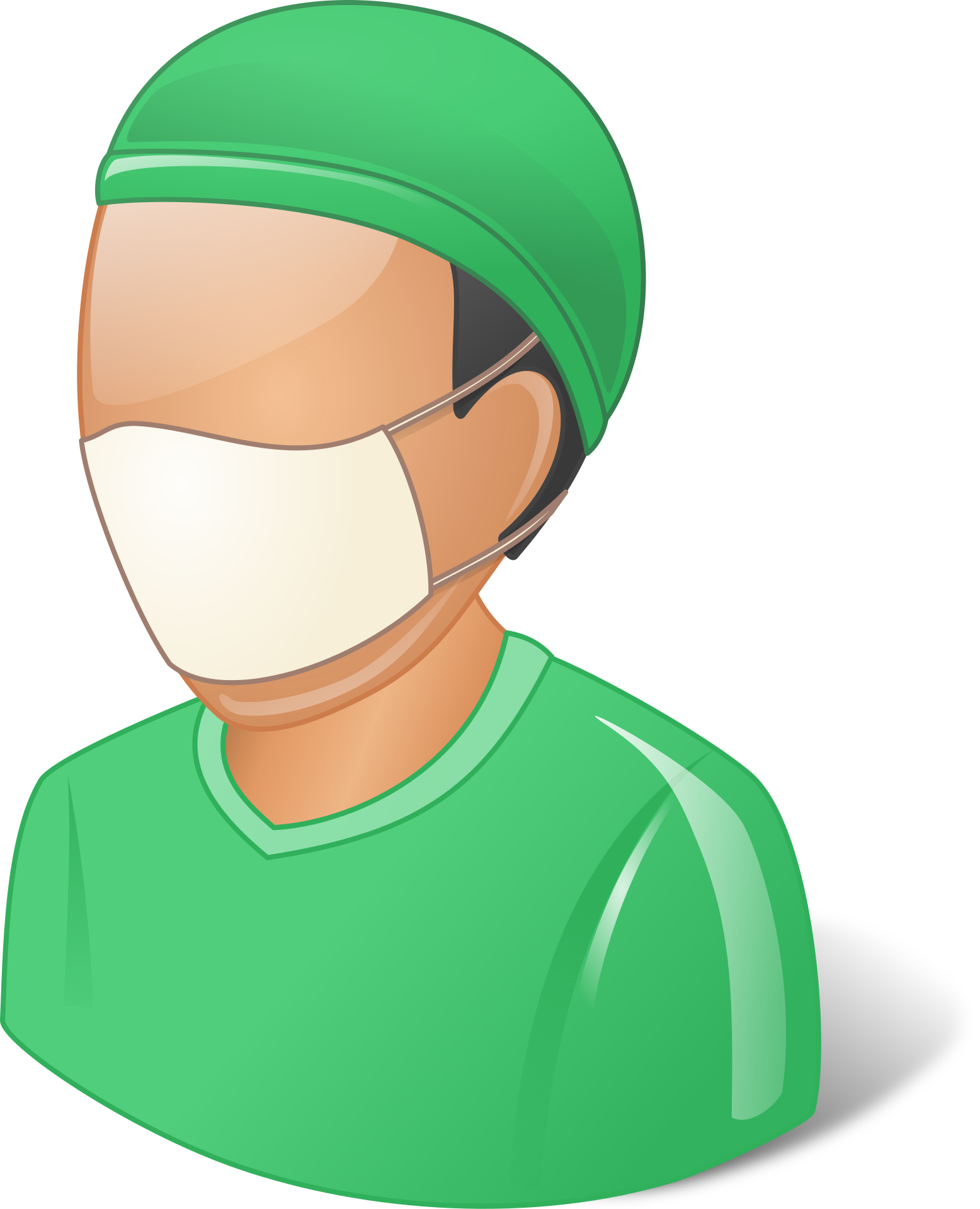Dear Doctor: My husband was in the hospital for three weeks with COVID-19. He’s home again and seems OK physically, but he’s not the same person. He’s withdrawn and angry, and I think he’s depressed. He won’t talk about it to me or our kids. What can we do?
Dear Reader: We’re very glad to hear that your husband has physically recovered from his bout with COVID-19. However, as you are all now experiencing, when someone survives a serious illness, the effects can be wide-ranging. Disease is often more than just the physical symptoms. The resulting stress and distress can have a profound effect not only on the patient, but also on the entire family.
Your husband is recovering from a potentially fatal disease that is both mysterious and, as of yet, has no known cure. His illness has occurred at a time when we are all isolated from one another and cut off from our usual support systems. Throughout the pandemic, even close family members were unable to visit their loved ones’ hospital rooms. This has added a unique burden to what is already a frightening and stressful experience.
It is estimated that up to one-third of patients who survive a serious illness will go on to develop either anxiety or depression. A report published this spring in the journal The Lancet shows that up to one-fourth of patients who have recovered from a COVID-19 infection went on to develop depression or anxiety. Other studies have estimated that number to be much higher, with up to half of COVID-19 survivors going on to become clinically depressed. Whether this is linked directly to the effects of the virus, or is a psychological after-effect of the illness, is not yet clear.

